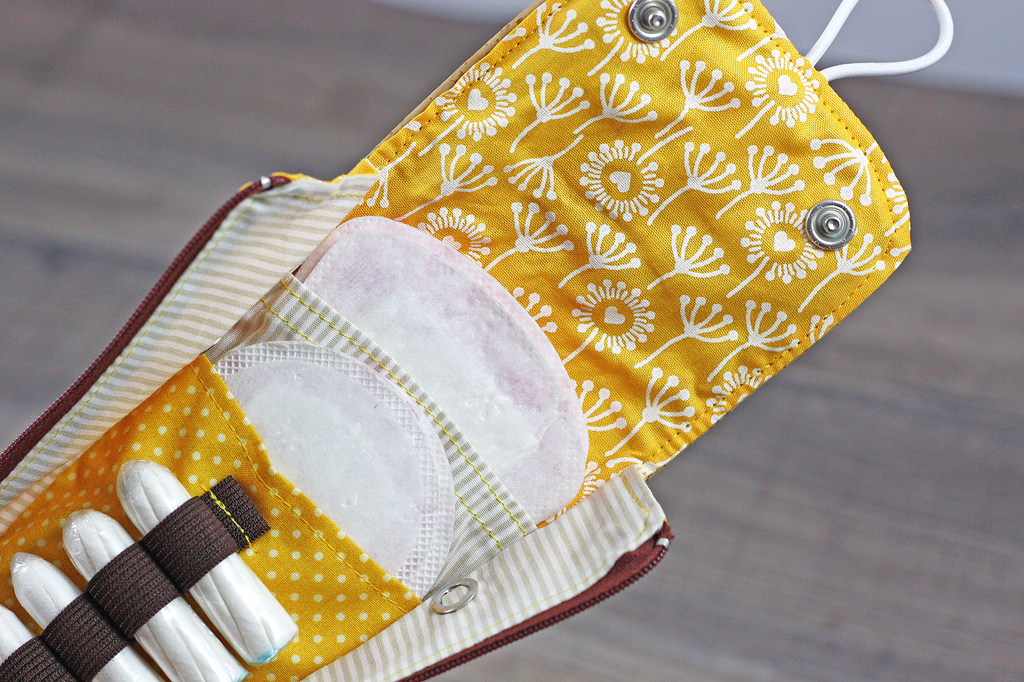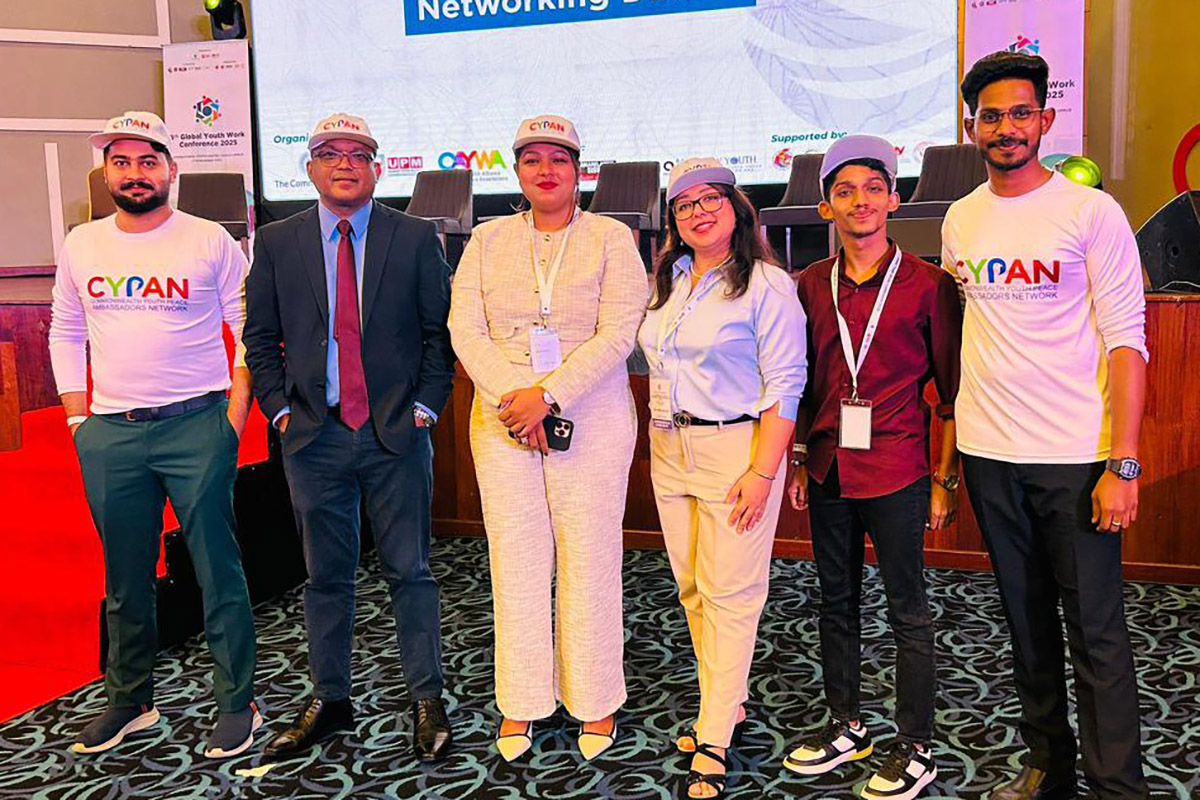“A 21st century barrier to girls’ education”
August 16 Young women face an extra barrier to accessing education, writes Badru Walusansa, 25, a Correspondent from Kampala in Uganda, who argues the need to provide knowledge and supplies that will help girls attend school regularly.
Young women face an extra barrier to accessing education, writes Badru Walusansa, 25, a Correspondent from Kampala in Uganda, who argues the need to provide knowledge and supplies that will help girls attend school regularly.
Girl child education in Uganda has suffered severe conspicuous challenges in the last two decades, including among others early child marriages and cultural values that restricted girls from attending school.
Like other Sub-Saharan countries, Uganda leveraged on both national and international support programs to whittle away the above challenges. I remember two years ago, when my university lecturer could not leave class without reiterating the tagline of “Educating a girl is educating a nation”. Is it because she was a feminist or an educationist – who cared? Her outcry has since been heard, as reports suggest an increased enrolment of girls in schools.
As government and civil society organisations continue to expedite programs to enhance girl child education, perhaps increase school enrolment for girls, and keep girls in school, there is a cancer that seems to undo their efforts – sanitary pads.
A survey by the New Vision newspaper in 2013 indicated that 30 per cent of girls leave school for lack of sanitary pads. It added that menstruation, especially in rural societies, is discussed in hushed tones. Unfortunately, the ripple effect is that young girls across the country are forced out of school because they cannot deal with it.
Menstruation can be traumatizing for many girls in school, especially those experiencing it for the first time. For instance, before the onset of menstruation, adolescent girls can experience tension, low-esteem, depression, tiredness and irritability – all symptoms of premenstrual syndrome (PMS), which can affect the way adolescent girls relate to other students in school and their teachers (Dalton,1979).
UNESCO (2011) estimates that one in ten African adolescent girls miss school during menses and eventually drop out because of menstruation-related issues such as the inaccessibility of affordable sanitary protection, the social taboos related to menstruation, and the culture of silence that surrounds it.
Whilst I was undertaking a study on the effectiveness of sex education and how it’s taught in rural primary schools, a 14 year old girl of Primary Seven revealed that her teachers kept dodging menstruation talk, as they left such talk for parents. Sex education was an indispensable lesson taught from Primary four onwards, during which girls were formally introduced to menstruation. How then would girls have encountered knowledge about secondary body changes without sex education? The President recently banned teaching of sex education in schools; I don’t know what is alternatively left as a communication and information channel for adolescent girls experiencing menses in schools.
The President’s ban is likely to affect many adolescent girls who cannot access information on menstruation, either in school or at home. Although Uganda signed the Menstrual Hygiene Charter in 2015, a lot remains wanting. For example, the cost of a cheapest circuit is Shs1200, which makes it unaffordable to many girls and their families of low income status. This prompts girls to resort to use of banana fibres, sponges, cloths and cotton. However, such alternatives pose health risks and discomfort to girls, lowering their dignity, concentration and performance levels in class. Most urban schools have at least responded positively to the call of the Menstrual Hygiene Charter through establishing menstrual hygiene and sanitation facilities.
During the 2016 presidential campaigns, President Museveni expressed commitment to provide free sanitary ware to rural schools. This came after studies indicated glaring high school drop outs due to the enormous challenges that girls grappled with during menstruation such as stigma and health complications, which barred them from regularly attending and completing school. Apparently the President’s commitment did not turn to implementation.
While Ms. Deborah Namirimu, a gender activist/counsellor, believes the President’s commitment is a big thrust to have girls equally attending school without menstrual hindrances, she affirms it’s a post-mortem approach. She adds that government should first consider tax exemptions on sanitary ware, because relying on hand outs as promised by the president is not sustainable. Ms. Deborah recommends promoting “girl-talks” in schools facilitated by teachers, counsellors and parents, with the rationale of discussing menstrual and other girl-related issues. She also implores government to popularise May 28 as Menstrual Hygiene Day and make reusable sanitary pads accessible to girls in schools, given the myriad benefits tagged on them such as cost efficiency and environmental friendliness.
Cited source: Dalton, K. (1979). Once a Month: the Menstrual Syndrome; its Causes and Consequences. Stanford: Harvester.
photo credit: Täschchen für Slipeinlagen und Tampons “Rosi” via photopin (license)
………………………………………………………………………………………………………………
About me: I am a coordinator for Hands Against Poverty-Uganda, an initiative I support as I aspire to influence more youths in Uganda to directly engage in poverty reduction programmes. I am active in human rights advocacy and elections management, after having been a voter educator at the Citizens Election Observers Network-Uganda.
I have a passion for writing and have authored several articles on different topics in the Weekly Observer newspaper, and contribute articles for the Foundation for Human Rights Initiative’s website.
…………………………………………………………………………………………………………………
Opinions expressed in this article are those of the author and do not necessarily represent the views of the Commonwealth Youth Programme. Articles are published in a spirit of dialogue, respect and understanding. If you disagree, why not submit a response?
To learn more about becoming a Commonwealth Correspondent please visit: http://www.yourcommonwealth.org/submit-articles/
………………………………………………………………………………………………………………






